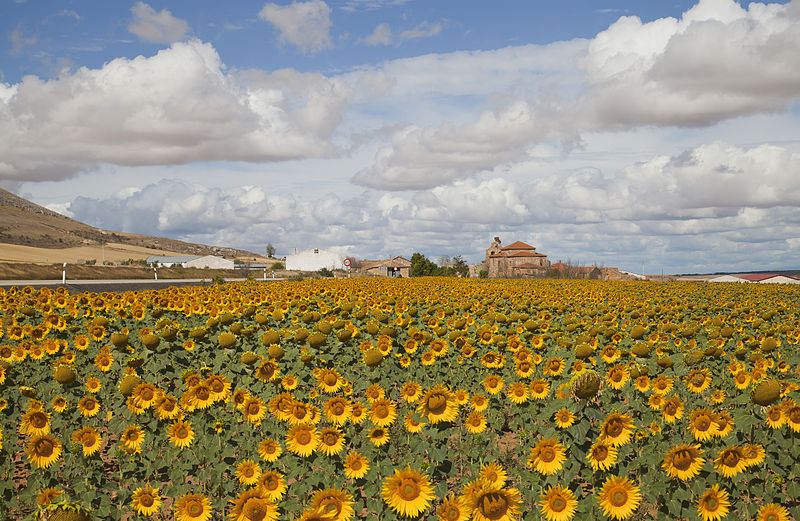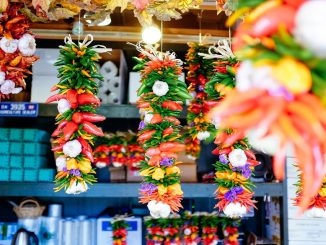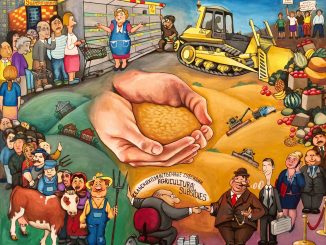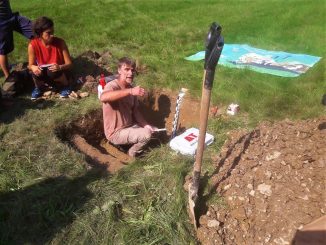“…a series of emerging challenges and risks could put the currently successful European food system under severe stress. These challenges include demographic imbalances, climate change, resource and energy scarcity, slowing agricultural productivity, increasing concentration of the supply chain, price volatility, changing diet trends and the emergence of anti-microbial resistant strands.”

That’s according to a statement from Directorate General for Health and Consumers (DG SANCO) of the European Commission. DG SANTO’s scoping study on ‘Delivering on EU Food safety and Nutrition in 2050 – Scenarios of future change and policy responses’ is a first step of a Foresight Project for future food policy development. The study identifies the challenges and consequences for the EU food legislative framework, with the aim of providing “insight and guidance for future policy-making and the research which underpins EU policy” the document claims.
The following scenarios were developed
Scenario 1: Rapid surge in global trade in food and feed, with highly concentrated agri-food industries
Scenario 2: Break-down of global cooperation in a multipolar world
Scenario 3: Long-term austerity and a shift to private food safety controls in the EU
Scenario 4: Severe inequality linked to food insecurity of vulnerable consumers and polarised diets
Scenario 5: Strong shift in EU consumer preferences to food from alternative production systems
Scenario 6: Widespread consumption of high-tech functional foods
Scenario 7: Global resource depletion
Scenario 8: Global disruptions of agriculture from climate change
Scenario 9: Breakdown in consumer trust in food following the emergence of food chain risks
To build these scenarios, key drivers trends and uncertainties were developed, in areas such as trade, governance, institutions, consumer issues, standards, demography, resources , climate change, technology, risks and food system dynamics.
Of these, “the scenario that is on average considered more plausible than implausible the soonest is Scenario 4 – ‘Severe inequality and highly polarised diets’” the report finds.
From an EU policy development perspective, “policy areas in Scenario 1 – ‘Rapid surge in global trade’, Scenario 5 – ‘Shift to alternative production systems’ and Scenario 6 – ‘Widespread consumption of functional foods’ scenarios are “considered to be relatively positively impacted”.
Scenario 5 – ‘Shift to alternative production systems’ performs especially well, as can be seen on page 20 and 21 of the executive summary, in terms of “policy” and “other” areas. Here it scores positively in 12 out of 16 areas, the largest number for any scenario. These include in animal health and welfare (the only Scenario to achieve this), health and nutrition and plant health for “policy” areas, and environmental sustainability, consumer choice, internal market and competition for “other” areas. It was also the only Scenario to score positively for social stability and equity in “other”, though even then only marginally.
The scoping exercise concludes “a range of incentives to induce behavioural change can potentially be applied at all levels of the food chain, from primary production (e.g. concerning more sustainable production methods), to marketing and pricing of products (e.g. better nutrition labelling, possible fees, charges or taxes on unhealthy or unsustainable products) and on to consumption (e.g. measures to reduce meat consumption).
These would need to be complemented by relevant education and communication measures (e.g. concerning nutrition-related knowledge, information and education to emphasise the advantages and lifestyle value of a more plant-based diet, but also cooking skills and elementary food safety rules, as a lack in these increases the need to consume processed foods).
Promoting diversity in the food system is critical to increase resilience to future shocks or disruptions. In order to achieve a resilient EU food system that can withstand a diverse range of challenges, the results of this scoping study point to the importance of diversity. While increasing sustainability of the food chain, EU policies therefore need to also ensure that diversity in the food system, including different primary production models that employ diverse plant and animal genetic resources, as well as different processing, distribution and consumption models, remain in place.
Diversity in the food system should also be increased, by promoting diverse agricultural models, production sizes and technological processes, encouraging short and direct food chains, such as the provision of food from local markets/producers, organic or low-input agriculture, urban gardening, to complement the increasingly complex and long international food web. To accomplish this, the diversity of food production models may necessitate legislation that is adapted to those that are not considered ‘mainstream’.
Furthermore, maintaining diversity over the long term may require innovative approaches, as it can be expected that the availability of support tools (such as direct support) will diminish through the increased liberalisation of agricultural markets.”





